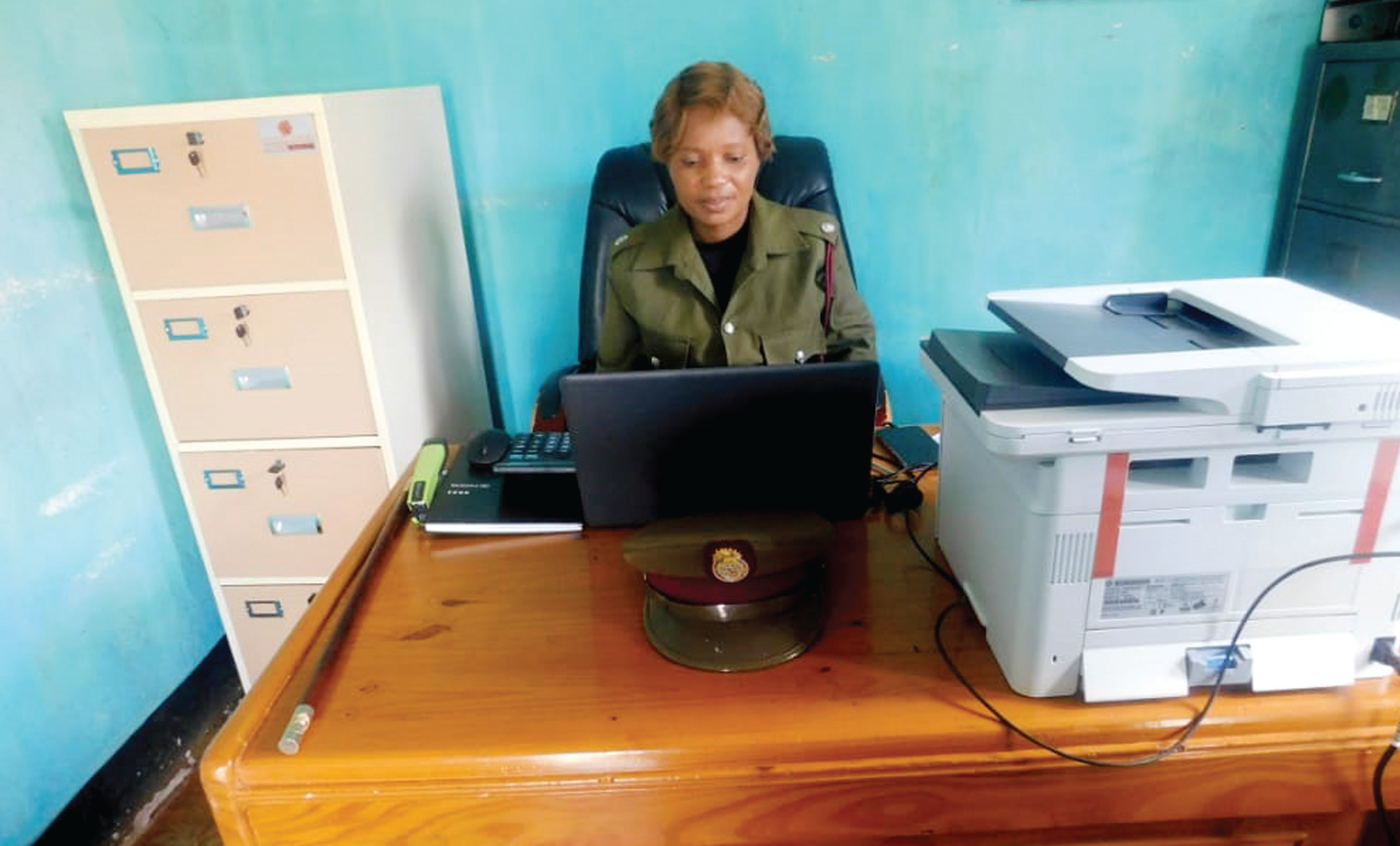Jessie Kabwila—Salima North West MP
Renowned politician-cum-academician, Jessie Kabwila believes no country can develop without women in decision-making places such as Parliament.
Kabwila, who is also chairperson for Parliamentary Women’s Caucus, notes that Parliament is the space where issues concerning the poor and development, among others, are discussed, and that having women in Parliament helps to push forward issues of development.

“As the adage goes, ‘if you have no seat on the table of the meal, then you are the menu’. Women are human beings and have the right to participate in politics and occupy parliamentary seats, just like men.
“Majority of the least developed are women and having them in Parliament increases legislation, oversight and representation on issues concerning the poor and issues of development,” says Kabwila.
She was drawn to politics after seeing how she did during the ‘academic freedom struggle’.
“It demonstrated my ability, not only to lead and be committed to a struggle but represent those I lead and make sure I never forget where my power and mandate comes from.
“This showed me that I can become an MP [Member of Parliament] and leader in politics because I know how to be with the people and not be afraid to represent and lead them. I became a household name and many people appreciated and benefited from my leadership skills,” she recalls.
Kabwila, a doctorate university lecturer, has extensive experience in leadership at academic, activist and political levels. She notes that service and representation are the anchors of the political career that she is passionate about.
A committed academic unionist, she was also the acting president of Chancellor College Academic Staff Union (Ccasu), a group of academics who had just gotten out of a long and bitter struggle against government and university employers, in defence of academic freedom.
While in the United States, she was, among other things, president of the Graduate Student Organisation (GSO) between 2008-9; and graduate adviser for African Students Organisation (ASO), at Binghamton University (2008-2009). In August 2009, she gave a keynote address for the first Binghamton University Women’s Day.
The Salima North West Constituency legislator has a number of publications to her name and vast interdisciplinary teaching experience, spanning several countries in the Southern Africa Development Community (Sadc) region, reaching four colleges in North America.
She has designed, taught and evaluated courses mainly in African feminisms and gender issues in the departments of English, Comparative Literature, Communication, History, African Studies, Culture and Anthropology and Education.
A look at her curriculum vitae (CV) evidences a public intellectual who employs interdisciplinary teachings to tackle various forms of oppression, including patriarchy/sexisms, ethnicity, homophobia, racism, eliticism, monolithism and most of all, poverty and HIV and Aids, all of which are issues ailing the majority of women in Malawi, Africa and a good part of the world.
As a female legislator, she is pleased to have led in moving various legislation in the august House, including the Marriage Divorce and Family Relations Act (2015), Constitutional Amendment ( 2017), HIV and Aids Act (2017), and the Trafficking in Persons Act (2015).
When she was chairperson of the Sadc Parliamentary Forum, she aided in the establishment of the Lesotho Women’s Caucus and increased the capacity and launch of the 50:50 Campaign; He4She; and She Decides, at local and regional levels.
As chair of Malawi Women’s Caucus, she led an initiative for women to support and visit each other in their respective constituencies, regardless of parties, as a way of campaigning for retention of all 32 women MPs.
However, she notes that female MPs and aspirants face a lot of challenges with Malawi’s patriarchal culture, which manifests itself more in political parties.
“Women are seen as property, children and inferior, and are relegated to singing and dancing, not given important positions. The culture constructs strong and active women as delinquents and loose women who are prostitutes. Political parties punish powerful women and oppress them. Right now I am facing a lot of challenges such as parallel structures and the boys clubs that can just come into your constituency and fire your chair just like that,” says the activist.
Kabwila holds a Masters of Arts degree in Literature and PhD from Binghamton State University of New York. She has over 15 years of teaching experience in several countries, including Malawi, Botswana and Zimbabwe.
She is mainly interested in exploring the woman question, specifically, issues of female agency and liberation in contemporary fiction and popular culture.
Her advice to aspiring female MPs is to get well educated, arguing that education opens doors that would otherwise be closed.
“Believe in yourself and do not believe that you are second class citizen. Be in control of your body, own it and make decisions that will help you further your goals, have sex when you want, with who you want and for reasons you want; not for someone else’s satisfaction and dictates because the impacts of sex impact you the woman more that the man,” she concludes.





